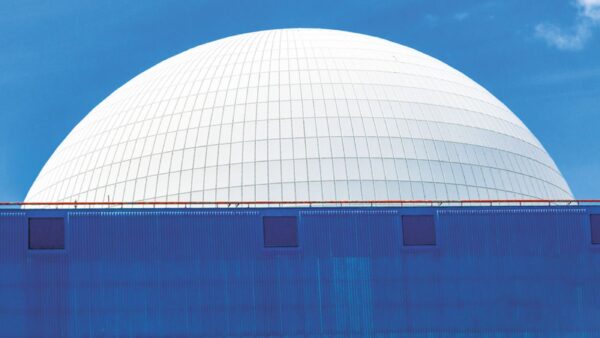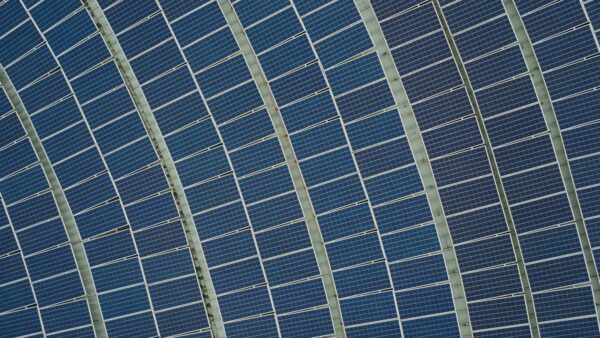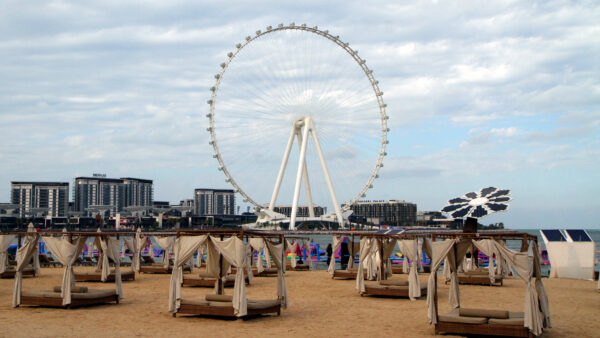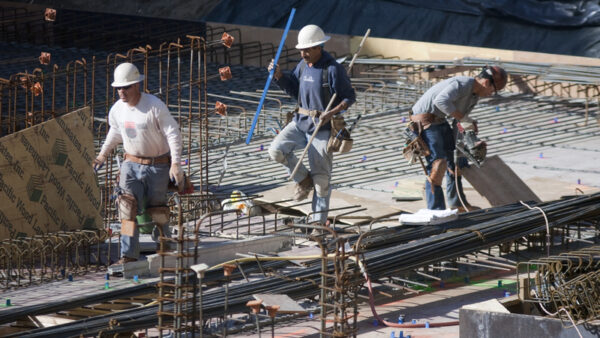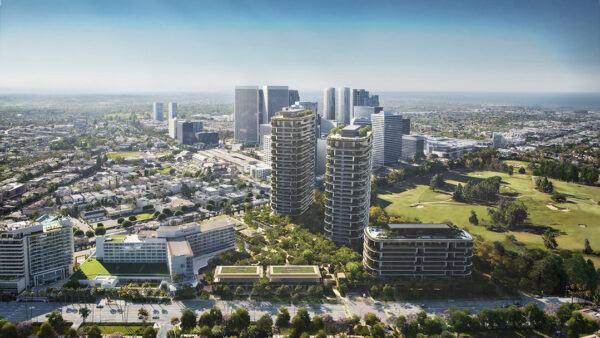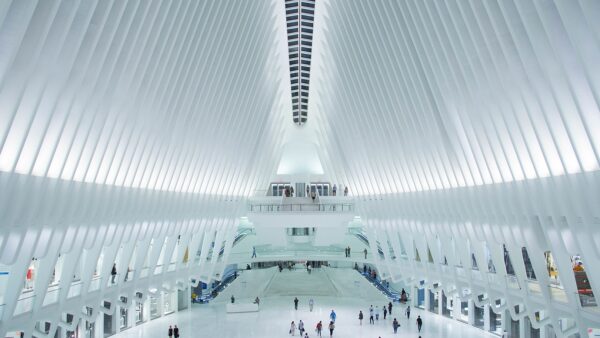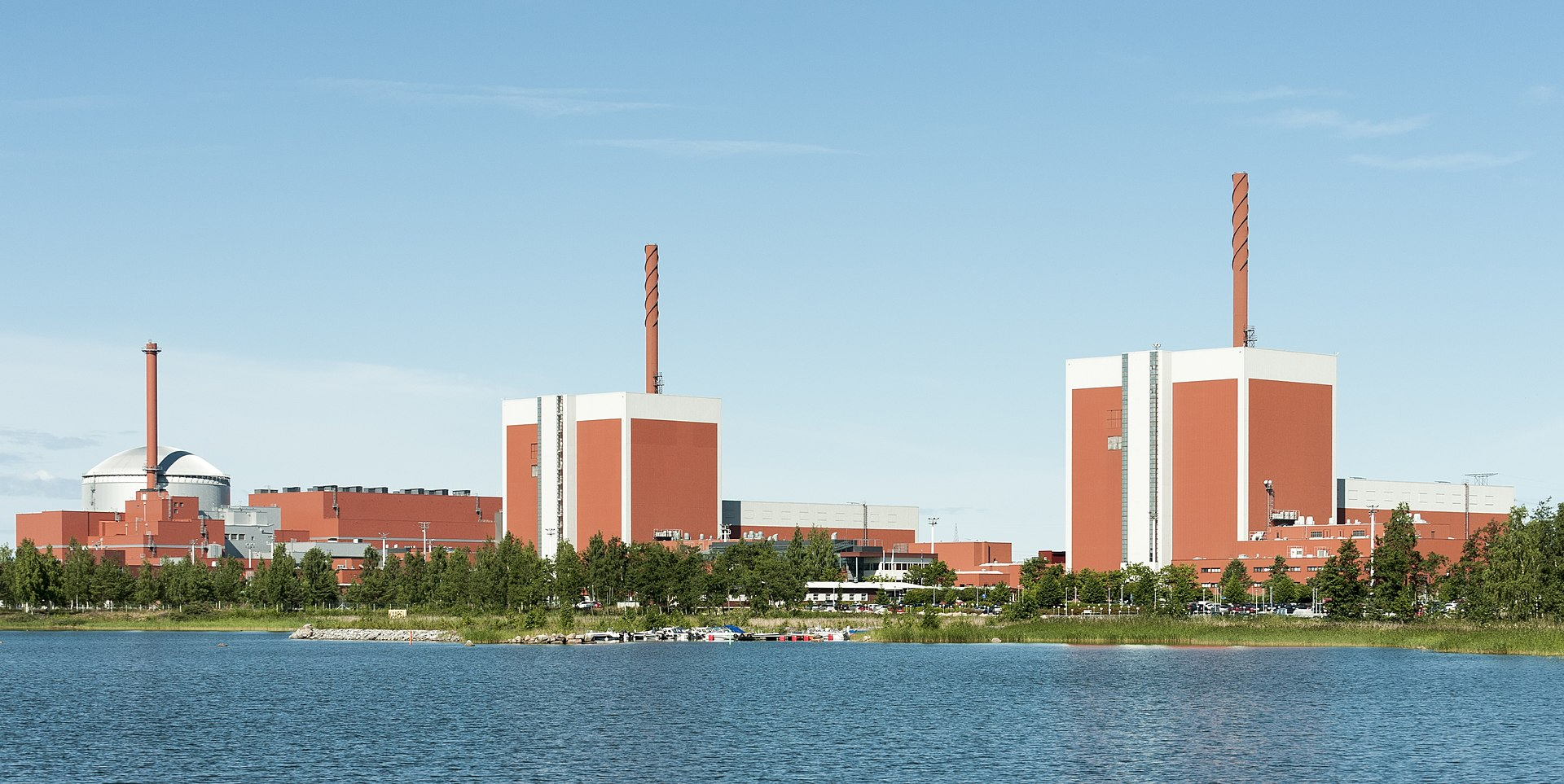
The government of France has reversed its policy of postponing a decision on building more EPR reactors until work was completed on the disastrous Flamanville plant in Normandy.
Agnes Pannier-Runacher, the minister for industry, said on Friday that is was essential for France to expand its nuclear fleet if the country were to attain carbon neutrality by its target date of 2050.
She said nuclear and renewable energy was “indispensable” for France’s energy sovereignty. This opens the way to work beginning on six further projects earlier than expected.
The EPR reactor is a third-generation design produced by nuclear engineer Framatome and Électricité de France (EDF). The original version has proved difficult to build, with the first two project at Flamanville and Olkiluoto in Finland (pictured) both suffering lengthy delays and cost overruns. Two other reactors were completed at the Taishan plant in Guangdong, China, and entered service in 2018 and 2019 (see further reading).
The French government decided in 2019 to ask EDF to prepare a plan to build six more EPR reactors over the next 15 years, using a simplified “EPR 2” design. It later said that no work would begin until Flamanville was operational. That project is now expected to finish in 2022, 15 years after work on site began.
Ms Pannier-Runacher said work could now start when the government was sure that Flamanville was “on the right track”.
The indication was challenged by environmental NGO Greenpeace, which said in a statement that making a “decisive choice for France” before the Normandy project was concluded would be “a total denial of democracy”.
Image: The Olkiluoto Nuclear Power Plant in Eurajoki, Finland (Hannu Huovila/TVO/CC BY-SA 3.0)
Further reading:

